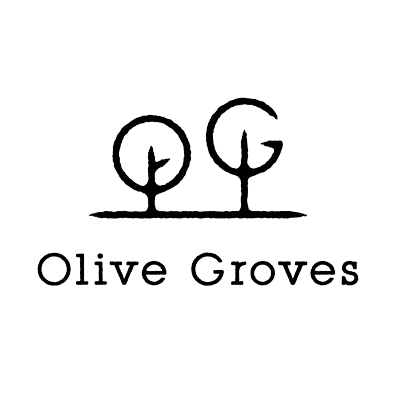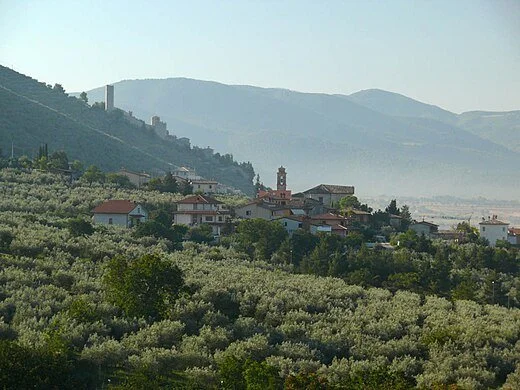Palmina's Lentils
“Olive oil and the other ingredients of our life” article series
A view of Pigge near Trevi in Umbria (Italy)
From time to time, I climb up these stairs. The key is always on the door and I find Palmina sitting at the table where she spends most of her days, with the TV on to keep her company. Pigge is a cluster of houses along the road from Trevi down to Flaminia in Umbria, Italy. Palmina was born and has lived here for ninety-two years. Every time we meet, stories come up of when Vittorio, her husband, lived with her, of his work in the countryside and at the oil mill. It always surprises me how vivid her memories still are to this day. This is not nostalgia but a form of satisfaction of what they have achieved during this period of her life. She never expresses regrets, she is proud of the journey that began when she was twenty years old and continues with her son and now grandchildren as protagonists.
Today Palmina has lentils in front of her, she chooses them quickly. ‘I have cooked lentils so many times’, she says, ‘but no one cooks them the way I do’. She gets up, goes to the kitchen, takes a pot, cuts the carrot, celery and onion thinly by hand. She then adds a clove of garlic cut in half, two sausages, a little salt, her own olive oil, and puts everything on the stove to brown. After a while she adds the lentils – ‘There's no need to soak these, they're from Colfiorito [a village in the mountains of Umbria famous for its lentils]’ – and two ladles of vegetable broth, adjusts the flame, another splash of oil, puts the lid on, and sits back down. ‘Are you staying for lunch? Come on, let's eat together. Everyone here at home will want lentils, the sausages are home-made...'.
Excerpt from L'olio e gli altri ingredienti della nostra vita by Maurizio Pescari (Rubbettino, 2021). Translation and adaptation Camille Frachon.
For a vegetarian version of the Umbian lentil soup, please see our recipe

